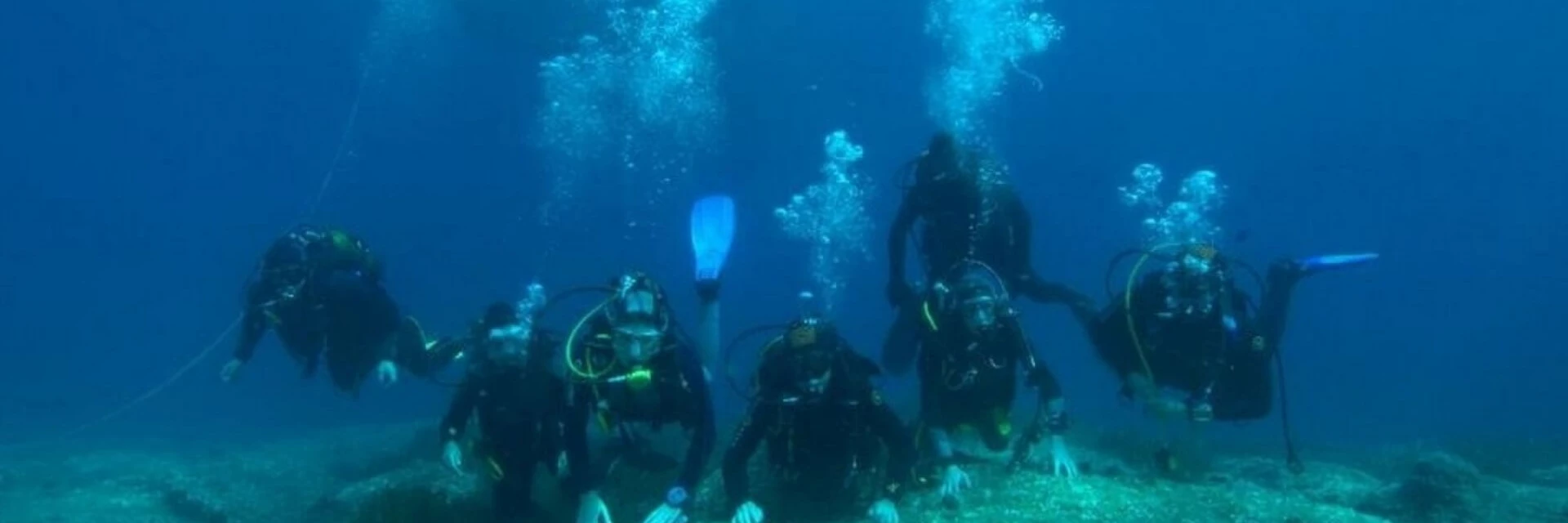Freediving is a very popular activity today, attractive to many water sports enthusiasts around the world. If you are interested in this exciting sport, then it is advisable for you to complete a professional freediving course first before exploring it further. Freediving is generally considered very safe sport to practice, but it could be dangerous if you do not go through proper training.
If you want to start with this exciting sport, there is no better place for doing so than in Podgora, on the Makarska Riviera. The beautiful and very clear Adriatic Sea is an ideal place where you can start exploring the secrets of freediving.
The top quality Hotel Medora Auri in Podgora is an ideal place for you to stay because the beach and the sea are just a few steps from the hotel. There you can also find some professionals that can help you learn the techniques of freediving.
Before you enter the sea, the first thing you need to do is to properly prepare for the water. You must learn the techniques for relaxation of your muscles and you need to breathe correctly. Proper breathing is essential in order to avoid premature surfacing from the water or blacking out and drowning.
- Relaxation is the first thing to do before going into the water. Good relaxation will affect the quality and duration of your free dive. You have to be fully relaxed because that way you are using the oxygen in the most efficient way possible. This usually comes with experience, but a solid advice for the freedive beginners is to never think about how long will the dive last or how deep down you will go. Instead of that, try to focus on the beautiful underwater surroundings and the pleasant feeling when you are in the water. One way to improve your confidence when you are in the water is to ascend from the water very slowly after each freedive.
- Breathing is the second important thing in the preparation for freediving. Correct breathing provides good effects on your whole body – it affects your heart, muscles, nervous and digestive systems, your memory and ability to concentrate and much more. Most of the people today use the chest breathing. They use only the upper part of their chests for inhaling and exhaling. The problem with chest breathing is that it moves around a very small amount of air in your lungs. It also uses more power from your muscles and will wear you much faster in comparison with the deeper abdominal breathing. The deep breathing goes deep down to your abdomen and the abdomen stretches to all sides and in direction of your spine. Abdominal breathing provides bigger relaxation and has calming effects on your body. This is because you are taking fewer breaths, but more effective ones.
- Learning the abdominal breathing is not very hard, and with a little bit of practice, you can master this type of breathing. First, you have to stand straight with feet close together. Next thing you need to do is to calm down, relax, and try to clear your mind from thoughts. Then just slightly open your mouth, while gentle pressing inwards on your belly with your hand palms. Count to six and breathe out. Try to hold your breath for a couple of seconds, smoothly release and breathe in again. Repeat this breathing process several times until you gradually improve your breathing. When you start learning the abdominal breathing, avoid focusing on the breathing itself. Instead, focus on the process of pressing your abdomen and releasing. If you are a beginner try practicing once when you get up in the morning and once before you go to bed at night for a few weeks.
Besides following the mentioned techniques, there are a few other basic freediving tips that you should always have in mind. The first tip is to never go freediving alone. You should always have someone with you in case you need help.
The second tip is to properly prepare and do lots of dry training sessions before going into the water.
Third advice is to not hyperventilate, and last but not least advice is to always freedive within your own limits. Take your time, practice, and slowly improve your progress.


